Prince Philip – the original royal rebel who revolutionised the Windsors
As the world mourns the passing of the Queen’s devoted husband, we reflect on Philip's amazing life and legacy, revealing how it was his vision that modernised the family, earning him the title of 'legend' from his adoring grandchildren
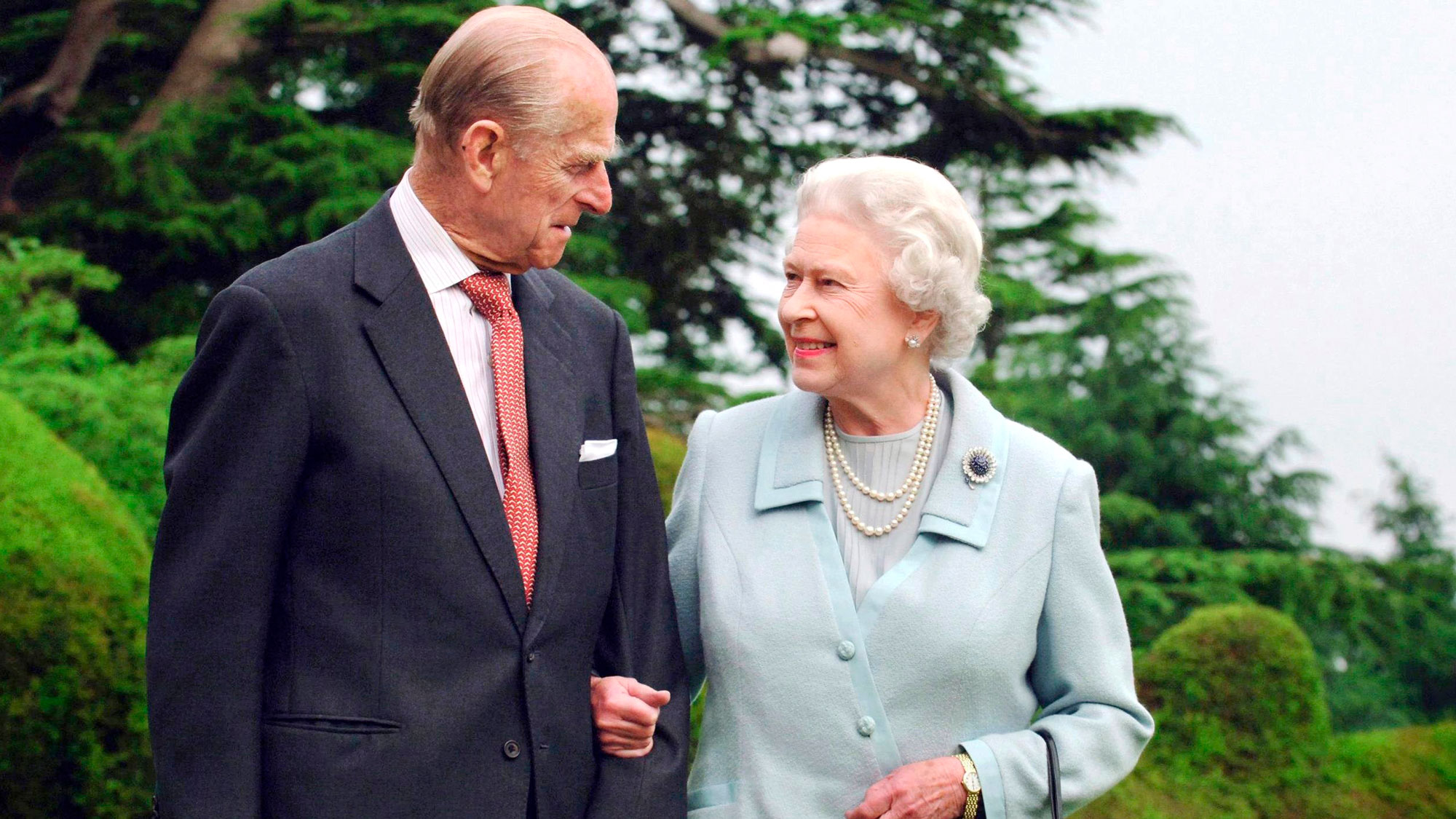
As the world mourns the passing of the Queen’s devoted husband, we reflect on Philip's amazing life and legacy, revealing how it was his vision that modernised the family, earning him the title of 'legend' from his adoring grandchildren
Words by Michelle Davies
The first conversation the Queen and Prince Philip, Duke of Edinburgh ever had was about catching mumps. It was 1939 and Elizabeth, then 13, had accompanied her father, the King, on a visit to the Royal Naval College in Dartmouth. On arriving they discovered two cadets had come down with mumps, so it was decided that Elizabeth and her sister Margaret, nine, should skip the formalities and an 18-year-old trainee officer by the name of Philip was dispatched to keep them company. He instantly captivated Elizabeth.
‘She never took her eyes off him the whole time,’ revealed Marion ‘Crawfie’ Crawford, the princesses’ governess, years later. Crawfie was less impressed, however. ‘I thought he showed off a great deal.’
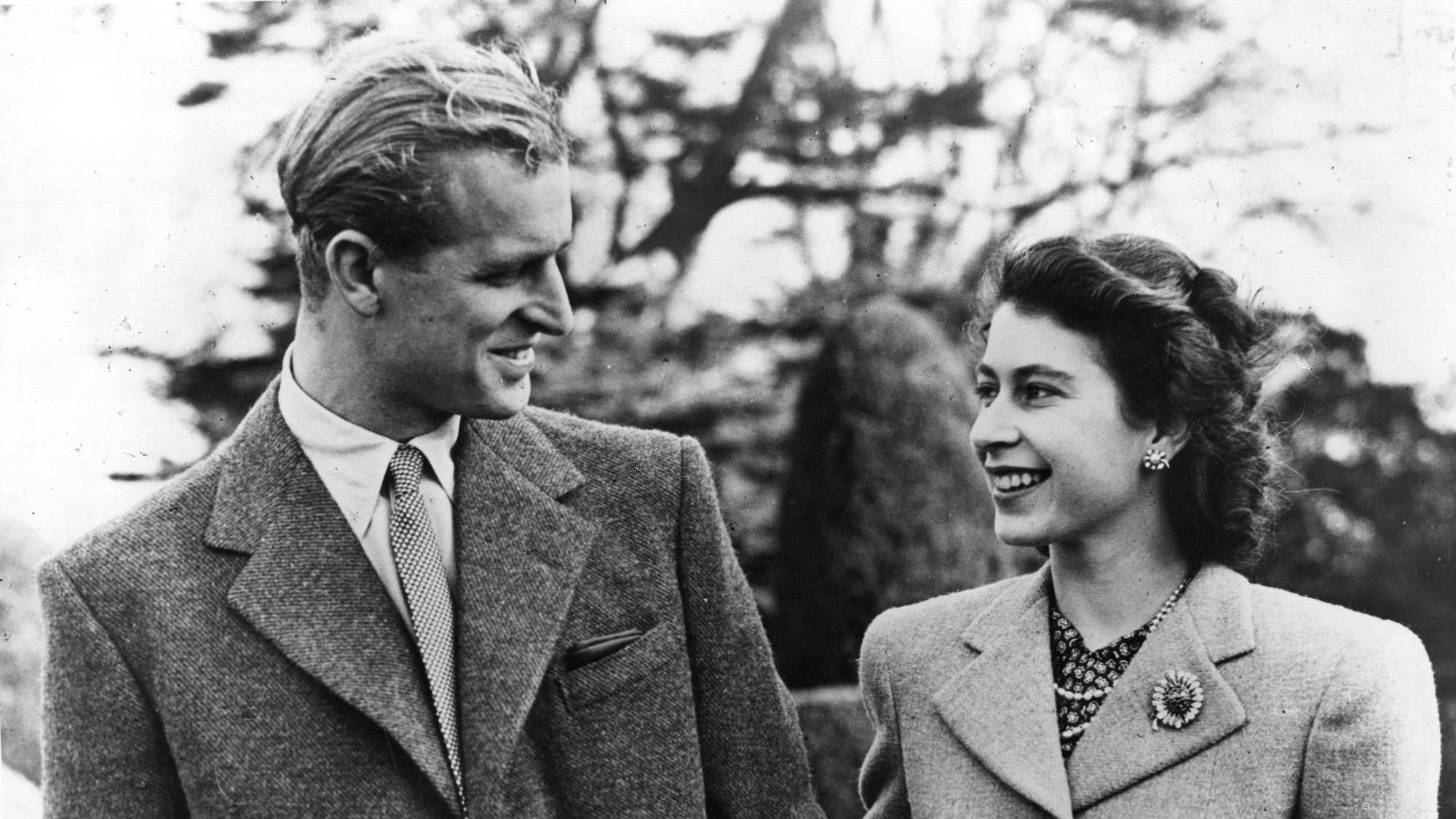
But Philip wasn’t just any cadet. He was born Prince Philip of Greece on 10 June, 1921 on the island of Corfu, and was the fifth child of Prince Andrew of Greece and Denmark and Princess Alice of Battenberg (a great-granddaughter of Queen Victoria, she was born in Windsor Castle and was congenitally deaf). His lineage made him a fourth cousin of the Queen.
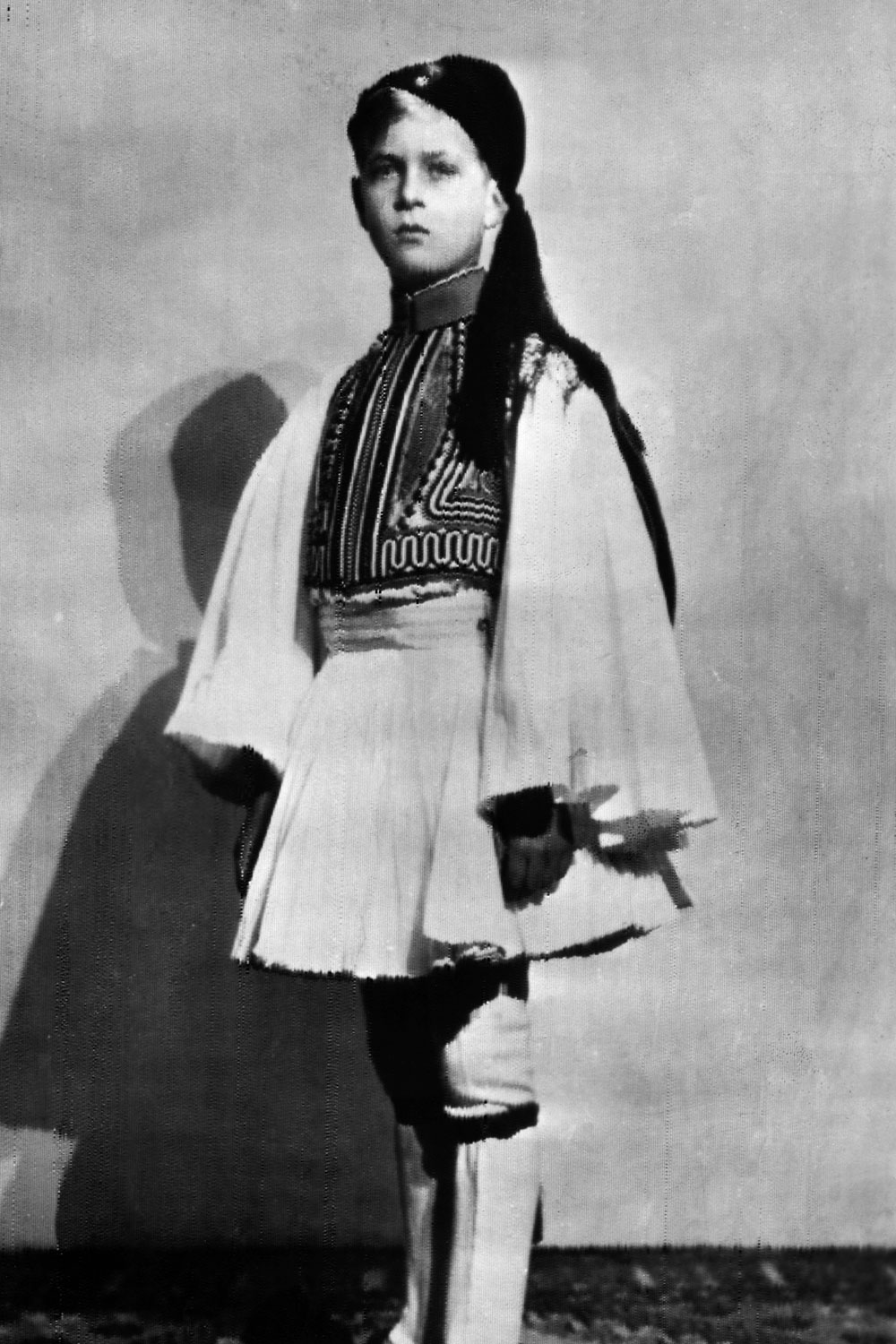
A year after his birth his father was banished from Greece and the family fled to Paris. In 1928, aged six, Philip moved to England to live with relatives of his mother, who had adopted the surname Mountbatten as an Anglicised version of Battenberg. He was educated in Surrey and at Gordonstoun School in Scotland, before enrolling at Royal Naval College. As an educated European Prince and a distant cousin, he was good marriage material.
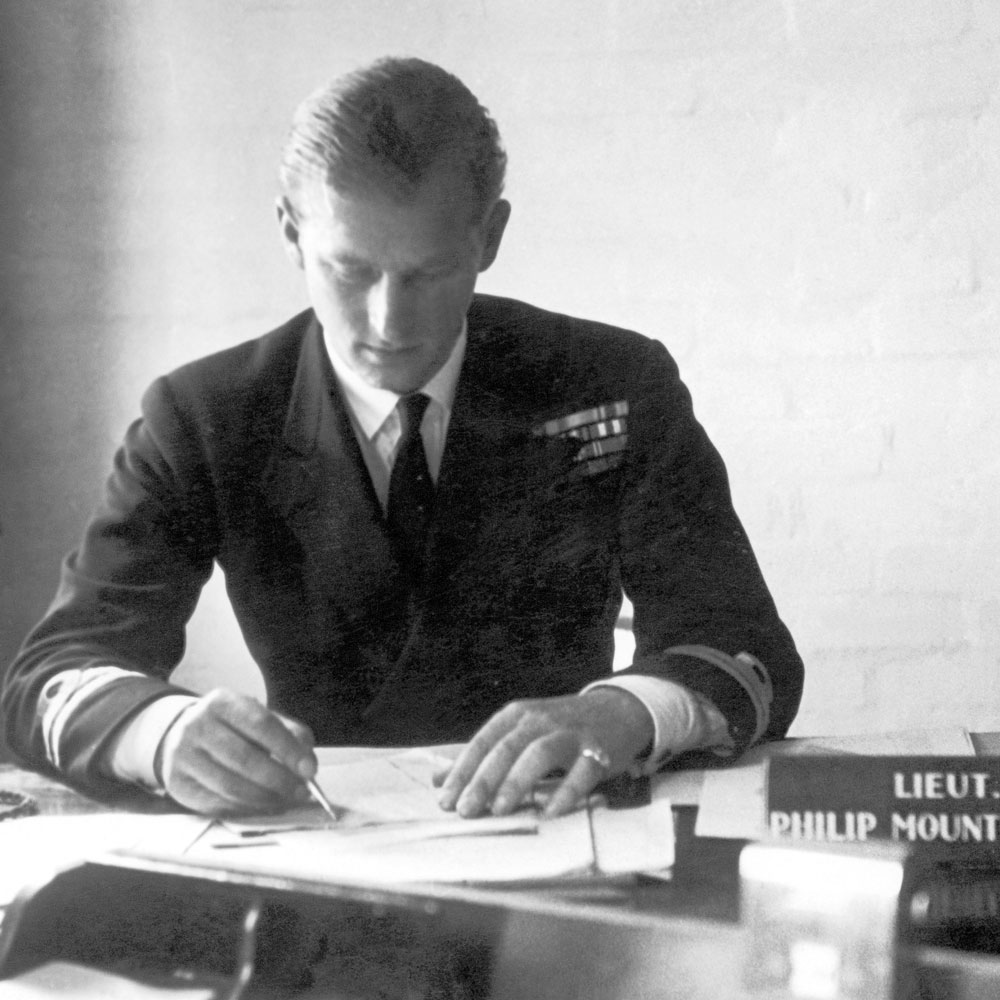
Rewriting his history
After keeping in touch via letters while he served in the Navy during the second world war, Philip and Elizabeth began dating in 1943. However, it is said her father took some convincing before he agreed to their wedding: according to a diary entry by Sir John Colville, private secretary to the then Prime Minister Winston Churchill, during the vetting process the King was warned that Philip ‘was unlikely to be faithful’ to his daughter.
Celebrity news, beauty, fashion advice, and fascinating features, delivered straight to your inbox!
They eventually married on 20 November, 1947 at Westminster Abbey, but only after Philip renounced his Greek title, became a British citizen and formally took the surname of Mountbatten.
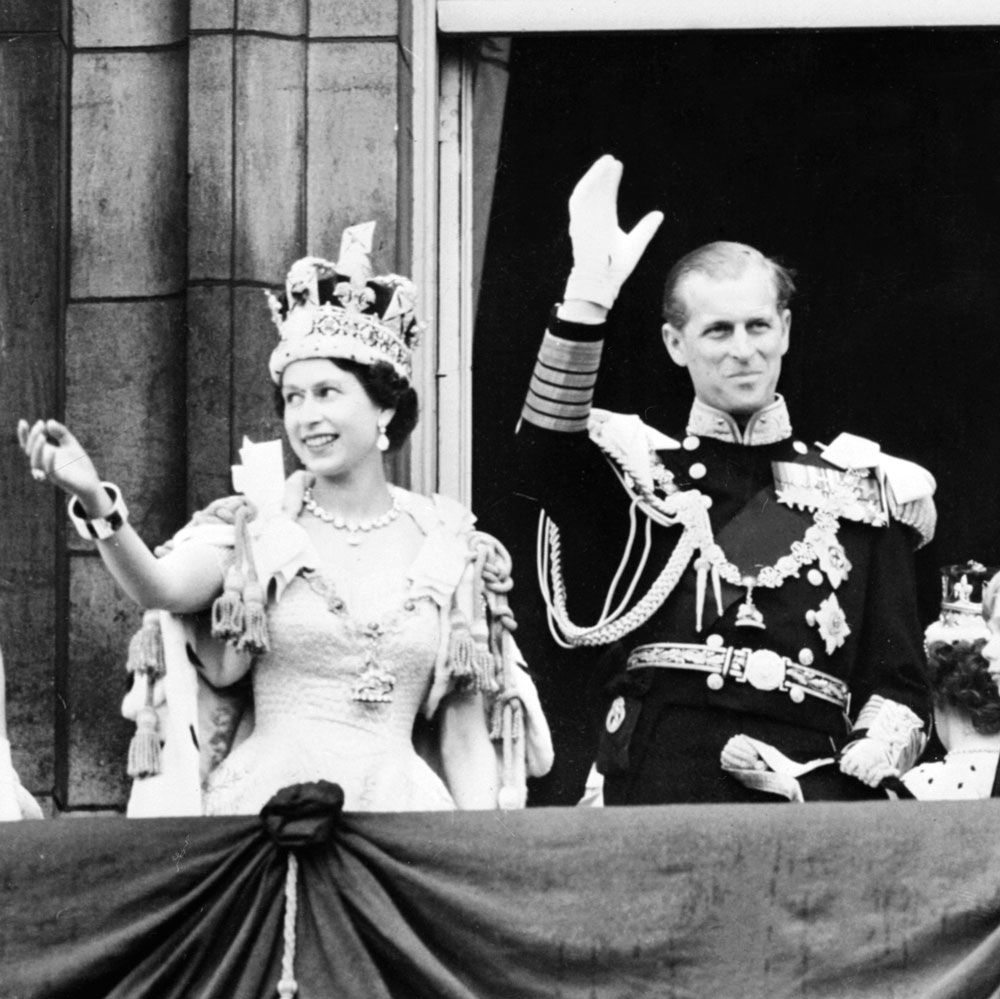
Yet renouncing his heritage wasn’t the greatest compromise he would be forced to make as Elizabeth’s husband. When her father died in 1952 and she was crowned Queen, life took a frustrating turn. At that time, men were unquestionably the head of their households; for Philip, it was quite the opposite. ‘It was bloody difficult for him,’ his equerry, Michael Parker, told biographer Gyles Brandreth. ‘In the Navy, he was in command of his ship. At Clarence House [where he and Elizabeth began their married life], that was very much his show. When we got to Buckingham Palace, all that changed.’
The man who wouldn’t be King
Philip, then 29 and already a father of two following the births of Charles in 1948 and Anne in 1950, found himself excluded as the Queen attended to state matters, so he busied himself setting up a ‘footman training programme’ and orchestrated a review of the palace set-up. ‘I tried to make improvements – without unhinging things,’ he said. However, the old guard railed against what they saw as his interference. They were aghast when he started travelling by helicopter ‘for practical reasons’ and, as detailed on the first series The Crown, when he later took over the organisation of the Queen’s Coronation in 1953.

But perhaps one reason Philip wanted to assert himself was the public confusion surrounding his official role. Why wasn’t he King to her Queen? It turned out that due to an outdated patriarchal belief that Kings must always rule, men who marry British monarchs can only ever be known as Prince Consorts, whereas ‘Queen’ can be a symbiotic title too (hence Kate will be Queen Catherine when William ascends the throne). Philip also suffered the ignominy of his wife changing their surname from Mountbatten to Windsor, famously declaring, ‘I am nothing but a bloody amoeba. I am the only man in the country not allowed to give his own name to his children.’
The original royal rebel
Yet for all the old guard’s doubts about Philip, it’s clear he was the pioneer the royal family so desperately needed back then to steer it into the modern era. He fully embraced the advent of television, ensuring cameras broadcast the Queen’s Coronation, and becoming the first royal to do a televised interview in 1961. It was also because of his enthusiasm for the medium that Elizabeth was persuaded to televise her Christmas speech.
Eventually though, as Matt Smith discovered when he was researching the Prince for The Crown, Philip won over palace staff who frowned upon his push for reform. ‘All the research I did found him to be brilliantly funny, very clever, very popular. In the royal house he’s the most popular of them all. If you’ve talked to any of the staff, Philip’s the one they all love,’ Smith told Variety in 2018.
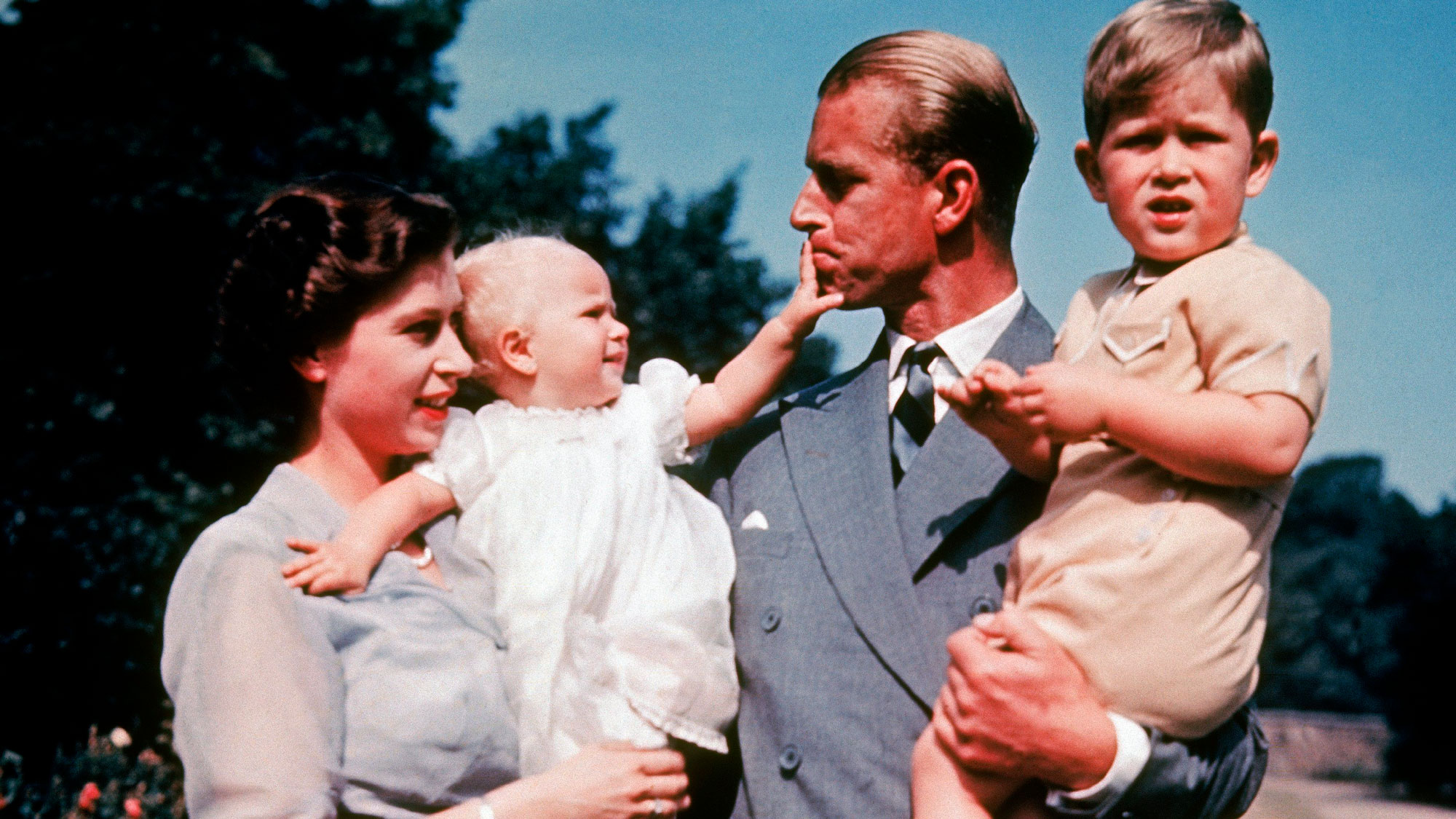
Philip, who was bestowed with the familiar title Duke of Edinburgh on his wedding day, was also known for being charming to the opposite sex and, as a consequence, in the early decades of his marriage he was dogged by rumours of infidelity. Aged 27, he was said to have grown close to actress Pat Kirkwood, the biggest West End star of that time, after drunkenly crashing into her dressing room after a performance. She denied an affair and said of their meeting, ‘I suspect he felt trapped and rarely got a chance to be himself. I think I got off on the right foot because I made him laugh.’
He was also linked to the Profumo affair scandal in 1963, which brought down the Tory government of the day, because one of the key players, osteopath Stephen Ward, was known to frequent a lunch club the duke attended. There was no evidence, however, Philip in turn attended any of Ward’s infamous sex parties, despite that being implied in The Crown.
Putting his foot in it
Perhaps it was frustration at being trapped in the role of the Queen’s ‘sidekick’ that made Philip famously reckless. He sought not to care what people thought of him and could be blunt and gaffe-prone, often undoing the good he achieved. In 1961, for example, he was appointed the first president of the World Wide Fund for Nature (WWF) but in the same year caused outrage for shooting a tiger in India. Then, on a significant state visit to China in 1986, he caused enormous offence by making a remark about ‘slitty’ eyes, before complaining that it was a private conversation that shouldn’t have been reported.
However, for all his gaffes there was compassion at his core. Letters he wrote to Diana, Princess of Wales, during her messy divorce from his son, Prince Charles, revealed his sensitive side – a concerned ‘Pa’ fretting about her wellbeing. Indeed, one of the most poignant images of Philip will always be him walking with his grandsons William and Harry at Diana’s funeral in September 1997. According to the documentary William At 30, he wasn’t due to be part of the procession behind her coffin but when 15-year-old William expressed doubts about being able to go through with it on the day, his grandfather reportedly said, ‘If I walk, will you?’.
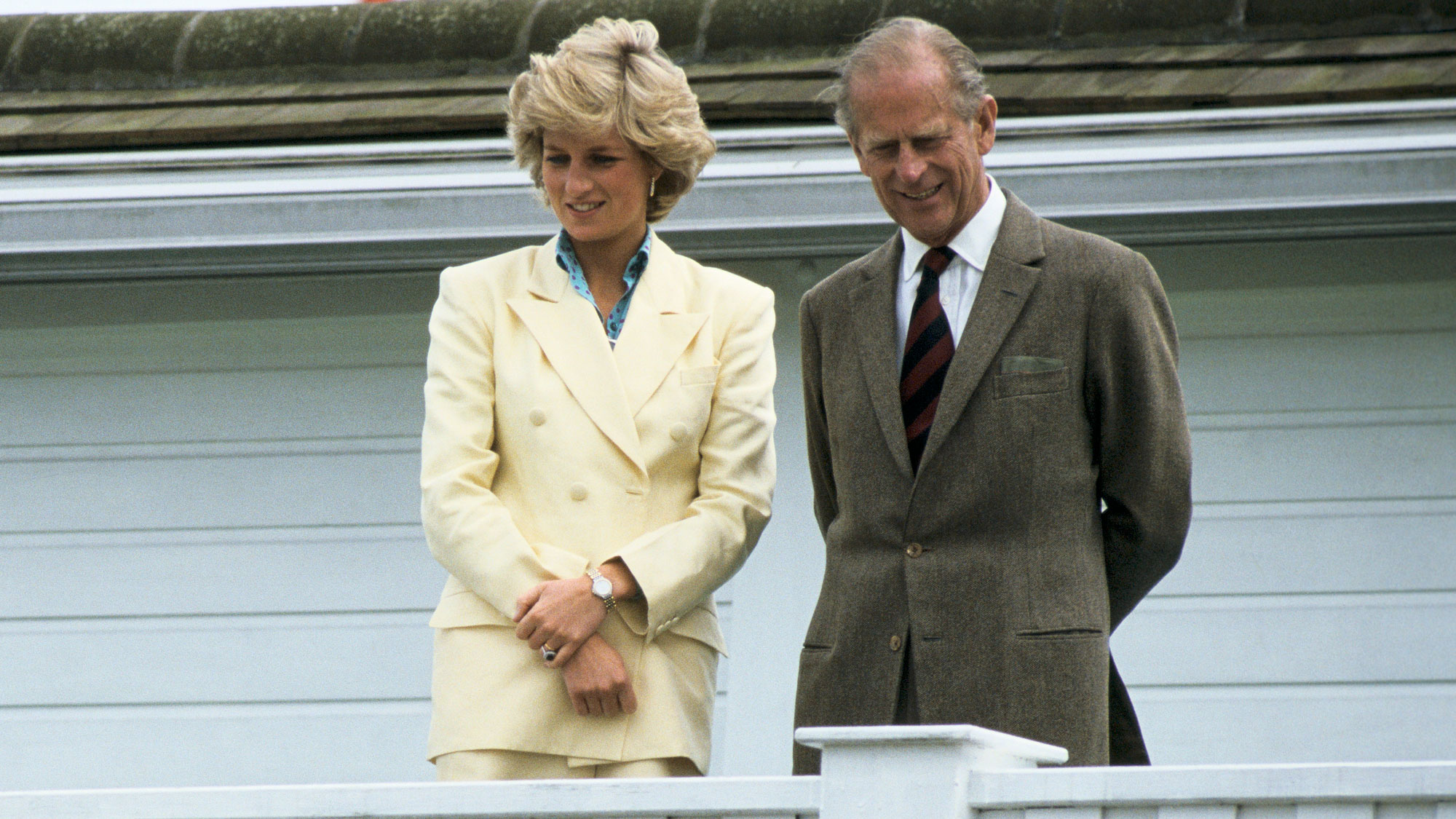
The loss of a ‘legend’
There is no doubt that Philip’s death will leave a gaping chasm within the royal family and by the Queen’s side. While his relationships with his adult children have been tested at times – most recently it was he who advocated Prince Andrew stepping back from public life to protect the monarchy from being engulfed by the Jeffrey Epstein scandal – the entire family is devoted to him and will feel his loss terribly. When Matt Smith ran into Prince William at a polo match and asked what he needed to know about playing Philip, the Prince replied: ‘Just one word – legend!’
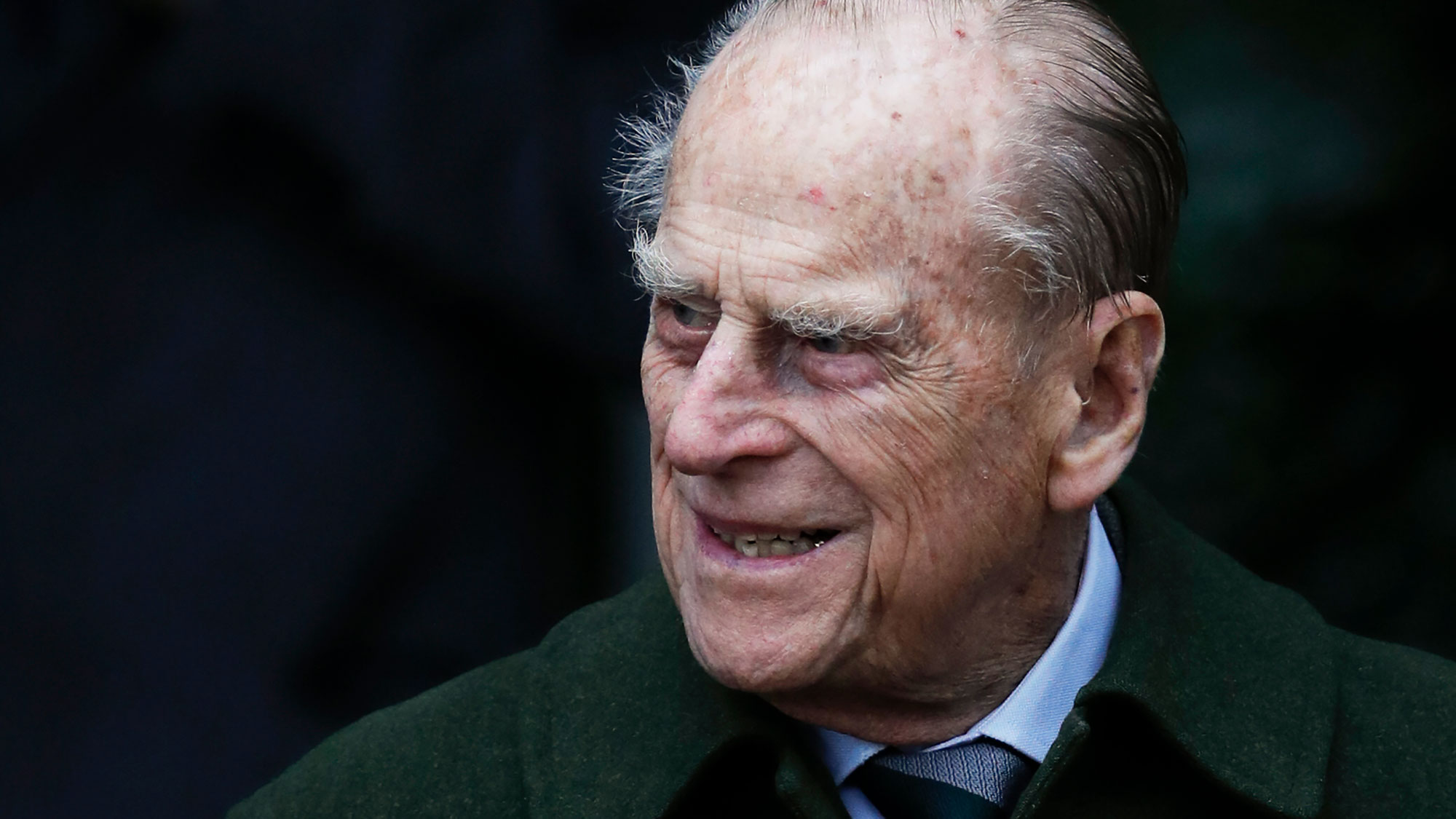
But it is, not surprisingly, Elizabeth, his wife of 73 years, who best paid tribute to him in a speech she gave to mark their 50th wedding anniversary in 1997. ‘He is someone who doesn’t take easily to compliments but he has, quite simply, been my strength and stay all these years, and I, and his whole family, and this and many other countries, owe him a debt greater than he would ever claim, or shall ever know.’
The leading destination for fashion, beauty, shopping and finger-on-the-pulse views on the latest issues. Marie Claire's travel content helps you delight in discovering new destinations around the globe, offering a unique – and sometimes unchartered – travel experience. From new hotel openings to the destinations tipped to take over our travel calendars, this iconic name has it covered.